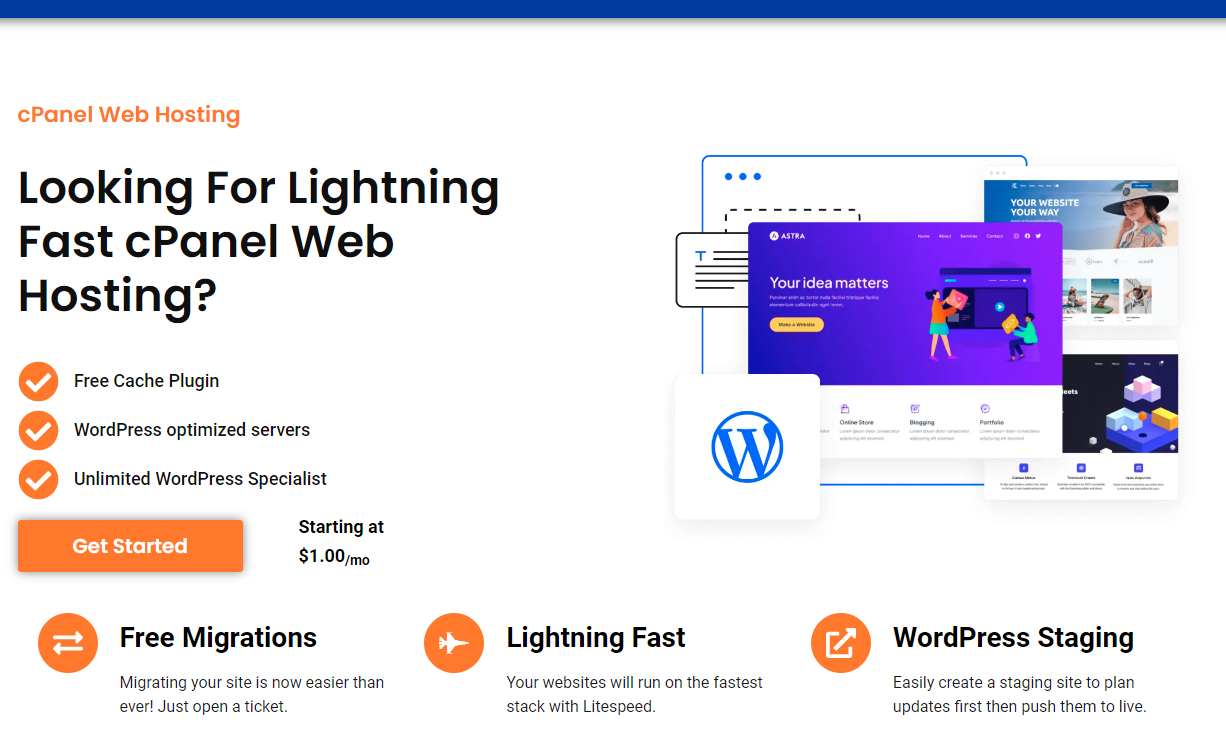If you’ve forgotten your WordPress admin password or simply want to change it for security reasons, one way to regain access to your WordPress dashboard is through cPanel. This guide will show you how to easily reset or change your WordPress password using phpMyAdmin in cPanel.
Why Should You Change Your WordPress Password?
Changing your WordPress password regularly is an essential part of securing your website. Whether you suspect your password has been compromised or just want to maintain best security practices, updating it can help protect your data and site from unauthorized access.
Prerequisites
Before proceeding with the password change, ensure you have access to:
- Your cPanel account (provided by your hosting provider)
- The correct login credentials for cPanel
Step-by-Step Guide to Change WordPress Password via cPanel
Step 1: Log in to Your cPanel Account
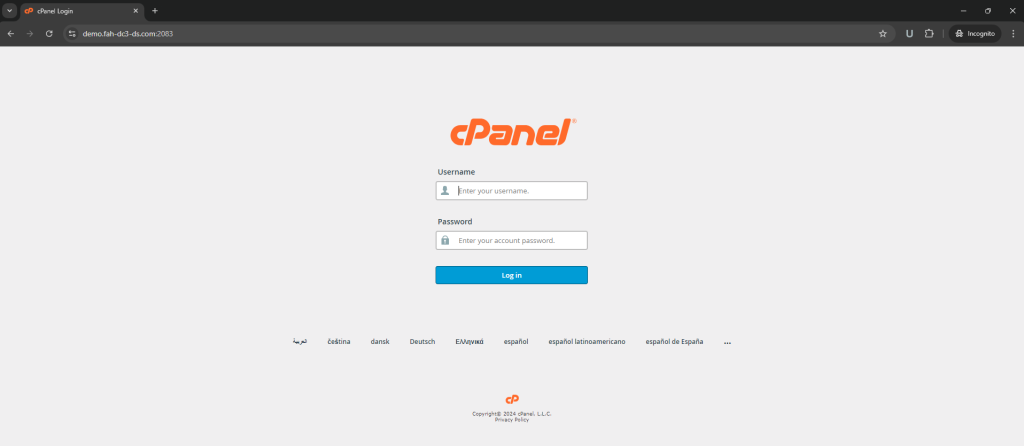
To begin, you need to access your cPanel. You can typically access it by typing in your domain followed by /cpanel. Example:
https://yourdomain.com/cpanelOnce there, enter your username and password provided by your hosting provider.
Step 2: Open phpMyAdmin
Once you’re inside cPanel, scroll down to the Databases section and click on phpMyAdmin.
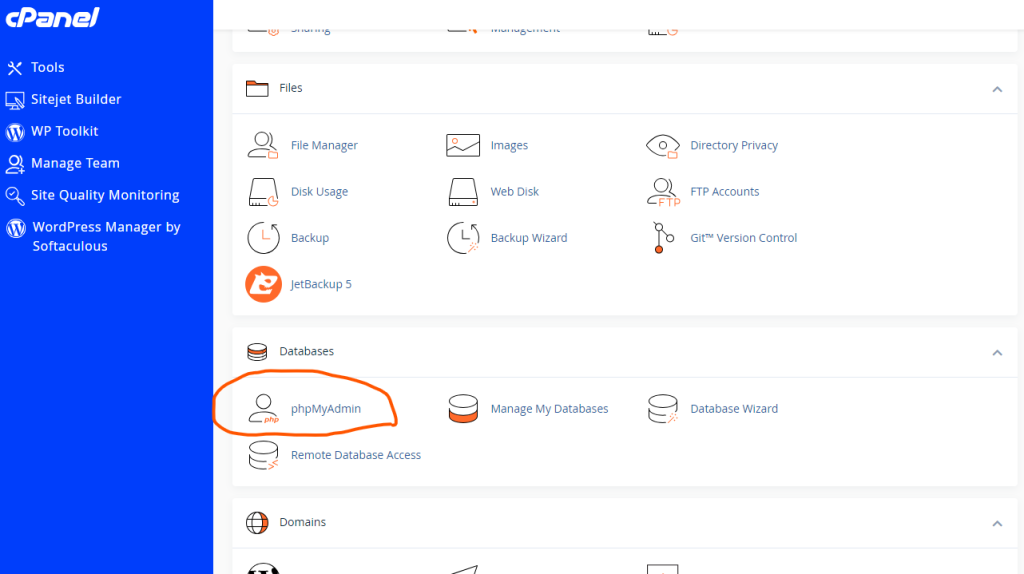
Step 3: Select Your WordPress Database
In phpMyAdmin, you’ll see a list of databases on the left-hand side. If you’re not sure which one belongs to your WordPress site, look for a database with a prefix like wp_. Once you’ve identified your database, click on it to expand the tables.
Step 4: Find the wp_users Table
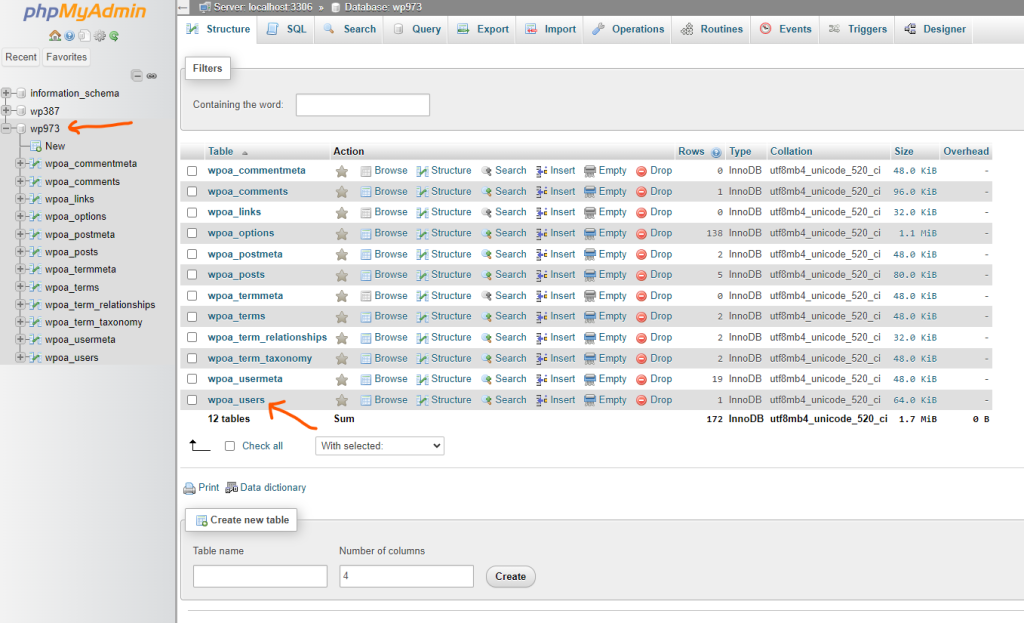
Now that your database tables are visible, scroll down and look for the wp_users table. This table stores all your WordPress user data, including usernames and passwords. Click on it to open the user data.
Step 5: Edit Your Admin User’s Password
Find your admin user in the list (usually the first one). On the far right, click Edit to modify your user’s information.
Step 6: Change the Password Field
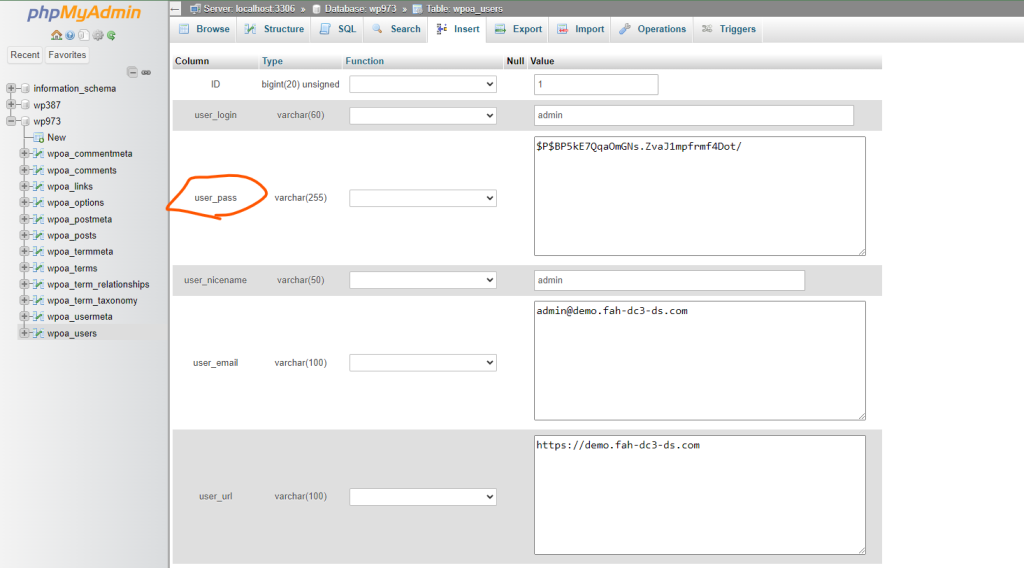
Once in edit mode, locate the field called user_pass. This field contains your password in an encrypted form, so you can’t just type your new password directly. Instead, you need to change the Function dropdown next to the password field to MD5. Then, in the Value field, type your new desired password.
Step 7: Save Your Changes
Scroll down to the bottom of the page and click Go to save the changes.
Your WordPress password has now been updated. You can log in to your WordPress dashboard using your new password.
Step 8: Log in to WordPress
Go to your WordPress admin login page (yourdomain.com/wp-admin), enter your username and the new password you just set, and hit Log In.
Additional Tips for WordPress Security
Now that you’ve successfully changed your password, here are some extra security tips:
- Use a strong password: Make sure your new password is strong, combining uppercase letters, lowercase letters, numbers, and symbols.
- Enable two-factor authentication: Adding an extra layer of protection by requiring a second form of authentication can significantly enhance security.
- Install a security plugin: Plugins like Wordfence or Sucuri can help monitor your site for threats.
Conclusion
Resetting your WordPress password through cPanel is a straightforward process that can save you a lot of time if you’re locked out or want to enhance security. Now that you know how to do it, you can easily manage access to your WordPress site whenever necessary.
If you found this guide helpful, be sure to check out our other tutorials on WordPress management, like [How to Backup Your WordPress Site via cPanel] or [How to Speed Up Your WordPress Website].





